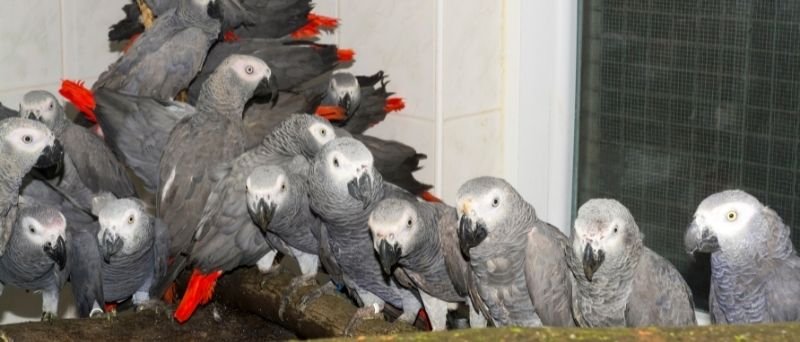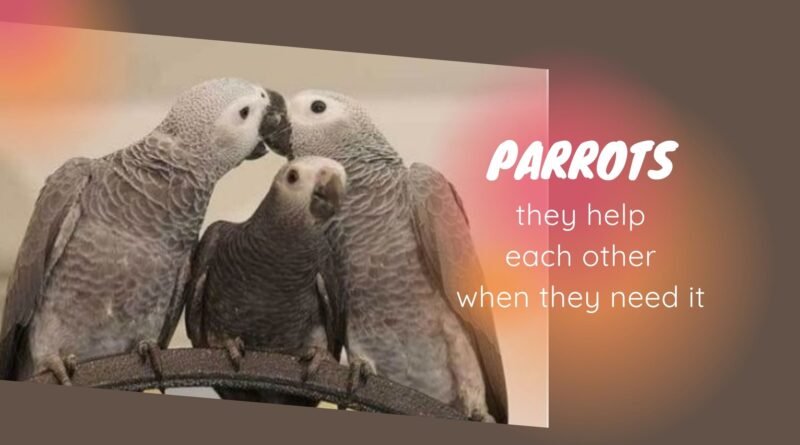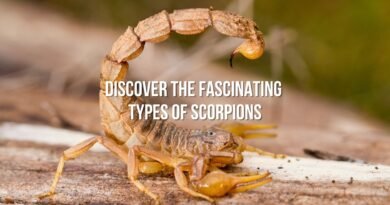German scientists reported that parrots generously help each other in need
A pair of two German researchers from Max Planck Institute for Ornithology found that African grey parrots (Psittacus erithacus) willingly help each other in need — a rare demonstration of generosity by avian species.
Humans, orangutans, and a few other mammalian species frequently give a hand to each other in times of need, but birds rarely show any selfless act of kindness towards conspecifics who are not related to them.
Bird species have been documented to look after and gladly help their own kins but scarcely any avian species was recorded to generously provide aid to unrelated conspecifics. All bird species were assumed not to be charitable to unrelated conspecifics until a 2020 study was published.
A recently published study rightly proved the saying, “all the fingers are not the same”, by providing a demonstration of how African grey parrots generously help other unrelated conspecifics in an hour of need.
The research report was published online in an open-access journal from Cell Press, “Current Biology, Volume 30, Issue 2”, on January 09, 2020. Current Biology is a well-known magazine that regularly publishes original research articles and reviews. The magazine actively publishes research papers related to all areas of biology.

One of the main objectives of “Current Biology” is to encourage communication between the various fields of biology. The magazine publishes key findings of general interest from different fields of biology. The magazine aims to share the latest knowledge with experts and common people.
It would be safe to say that these two German researchers are the very first to provide solid evidence of prosocial behavior in the African grey parrots. They found that parrots voluntarily helped the other fellow in gaining the rewards. All the African grey parrots used in the experiments reciprocated the prosocial behaviors irrespective of the companion’s requirement.
The research team included Dr. Désirée Brucks, a postdoctoral researcher from the Department of Animal Husbandry and Husbandry Biology, Institute for Animal Breeding and Pet Genetics, Justus Liebig University of Giessen — and a German ornithologist, Dr. Auguste M.P. von Bayern, from the Max Planck Institute for Ornithology.
Dr. Auguste M.P. von Bayern’s research interest mainly lies in advancing the exploration of how animals and human functions. The researcher is particularly keen to research the socio-cognitive abilities of various species. Dr. Bayern successfully got her Ph.D. from the Department of Animal Behaviour, University of Cambridge, United Kingdom.
After completing her Ph.D., the researcher continued to broaden her understanding of the cognitive abilities of different corvids and parrots species.
To extensively study the prosocial behavior in parrots, the pair of researchers collected and raised 14 parrots:
- six blue-headed macaws (four females and two males) and,
- eight African grey parrots (six females and two males). Both species of parrots were obtained from the Loro Parque in Puerto de la Cruz, Tenerife, Spain.
After obtaining both species of parrots, the pair of researchers trained the parrots in an enclosure to pass tokens (metal rings) through an “exchange hole” to gain a food reward. The parrots were rewarded with one walnut after handing over the token through the hole to the researcher.
After the first session of the training, the parrots were then trained in pairs. Two parrots of the same species were placed in adjacent enclosures with a visible “transfer hole” between them. To test whether the parrot will exchange the token with his companion or not, the research team blocked the “exchange hole” from the side of the parrot who had the token.
One had the token but not the exchange hole, second hand the “exchange hole” but not the token, now what they gonna do? Researchers were intrigued to know the answer.

Both researchers were surprised to witness that almost all the African grey parrots generously transferred the tokens to their companions. They happily passed the tokens even when they knew they wouldn’t be the ones to get the walnut as a reward. Both researchers were flabbergasted with the selfless generosity of the parrots who helped each other without any promise of rewards.
In the later session, the pair of researchers switched the conditions to test whether the parrots who had previously benefited from their companion’s help will return the favor or not. Almost all the African grey parrots who had benefited previously enthusiastically return the favor.
When the same experimental treatment was repeated with the blue-headed macaws, researchers hardly found any exchange of tokens. Blue-headed macaws didn’t exchange the metal ring (token) to help companions obtain food rewards.
During the instrumental helping tests, African grey parrots overwhelmingly voluntarily chose to help the other partner get a food reward. Seven out of eight (87.7%) African grey parrots readily transferred metal rings (tokens to get food) to the partners.




